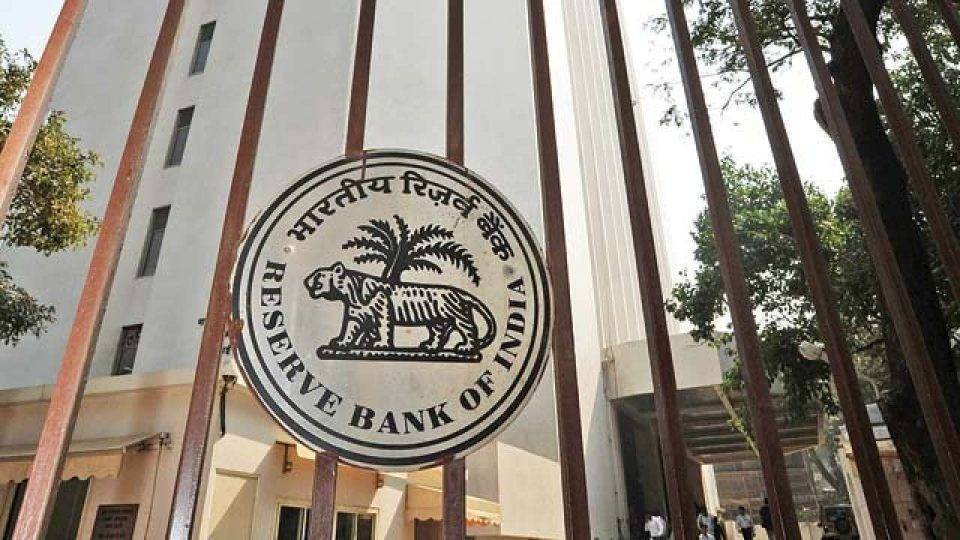SEBI will work closely with a broad set of market participants to advance the inclusion of real estate investment trusts (REITs) in market indices, a move expected to improve liquidity for the asset class, Chairman Tuhin Kanta Pandey, SEBI said. Addressing the National Conclave on REITs and InvITs–2025, Mr. Pandey said the regulator is looking to widen the scope and functioning of both REITs and InvITs and will engage index providers and other institutions in the process. “SEBI will work with all stakeholders to facilitate the inclusion of REITs in indices,” he said. According to him, once such inclusion is achieved, “these instruments would naturally improve liquidity.”
Real estate investment trusts (REITs) allow investors to access real estate that generates income as part of their portfolio without having to buy the assets in the physical market. In general, they distribute the revenue to shareholders in the form of dividend and provide the opportunity to invest in a wide range of high-quality properties of institutional-grade. According to Mr. Pandey, the present emphasis of SEBI is primarily on making the procedures easier and more investor-friendly.
He said the regulator is studying additional changes that could help streamline compliance and operational requirements for REITs and InvITs. One proposal under review concerns expanding the list of liquid mutual fund schemes where these trusts may invest. Chairman Pandey said the assessment would balance the objective of greater flexibility with the need to maintain investor safeguards.
Another matter being considered is whether private InvITs should be permitted to invest in greenfield projects. Mr. Pandey cautioned that such participation would require “adequate safeguards” because early-stage infrastructure carries a different risk profile compared to operational assets.
He added that SEBI is in discussions with other financial-sector regulators to broaden institutional involvement in these instruments. “We are working with Insurance Regulatory and Development Authority of India (IRDAI), Pension Fund Regulatory and Development Authority (PFRDA) and Employees Provident Fund Organisation (EPFO) to facilitate greater participation from their entities under their purview,” he said. Stronger engagement from long-term investors, he noted, is important for increasing market depth.
He also said SEBI has been coordinating with the Ministry of Finance and with several state governments to quicken the pace of public asset monetisation, which could expand the pipeline of assets suitable for REITs and InvITs.
Although the potential is substantial, Mr. Pandey pointed out that India’s REIT and InvIT market is still developing when compared with global benchmarks. SEBI, he said, will continue to provide a stable regulatory foundation, but the responsibility to build scale also lies with managers, sponsors, advisors and intermediaries. Their collective commitment, he said, will shape liquidity and long-term growth.
Chairman Pandey highlighted another challenge—low public awareness. Citing survey data, he said that only about 10 per cent of retail investors are aware of these products, and penetration remains under 1 per cent. “This must change,” he said, urging investors to see REITs and InvITs as part of a diversified financial portfolio that includes equities, bonds, mutual funds and fixed deposits.
Several policy adjustments have already been rolled out to encourage broader participation and improve trading activity. A notable shift occurred in September when SEBI reclassified REITs as equity instruments, while InvITs retained their hybrid classification.
The reclassification means mutual fund investments in REITs will now fall within equity limits, making them eligible for inclusion in equity indices. Mr. Pandey said this can support passive investment flows. “The reclassification as equity will enable equity mutual funds to allocate more meaningfully and facilitate index inclusion and passive flows,” he said. The change also gives mutual funds additional flexibility in allocating to InvITs on the hybrid side.
SEBI has also reduced minimum investment thresholds for InvITs to encourage a wider investor base. Chairman Pandey said the recent creation of a Maharashtra infrastructure investment trust is an important milestone for state-level infrastructure financing and could become a template for future state initiatives.
Image source- livelaw.in









.png)